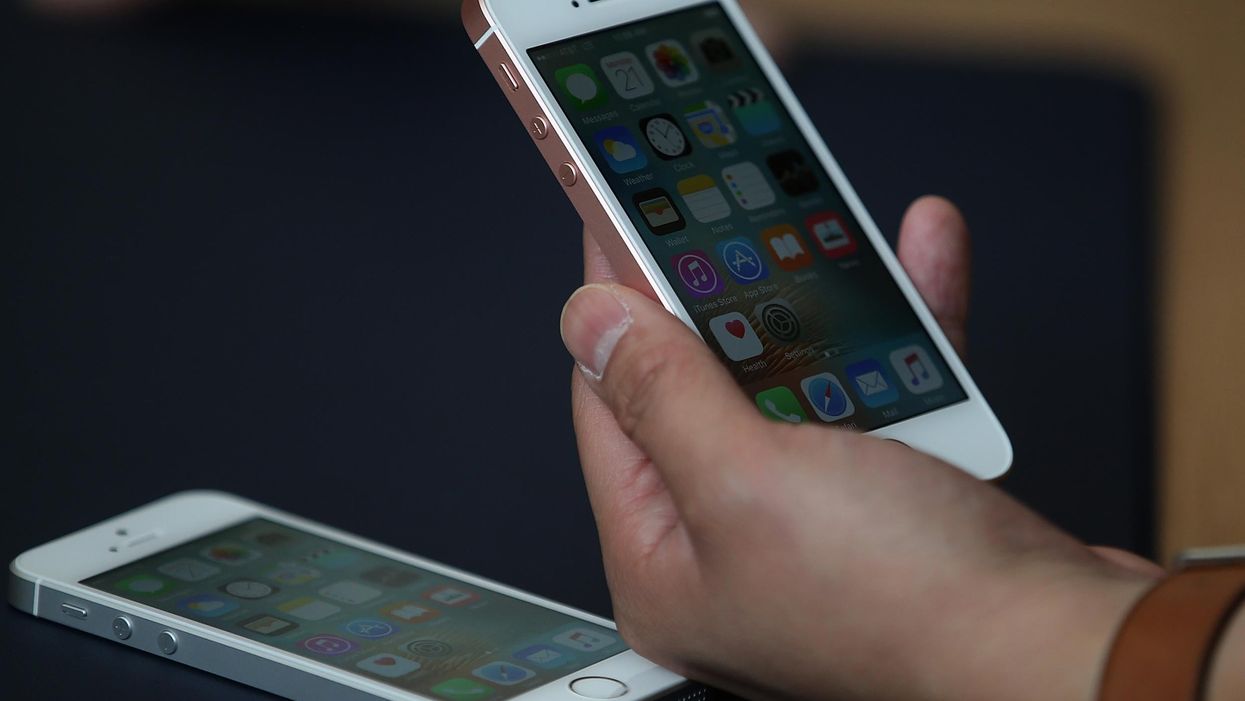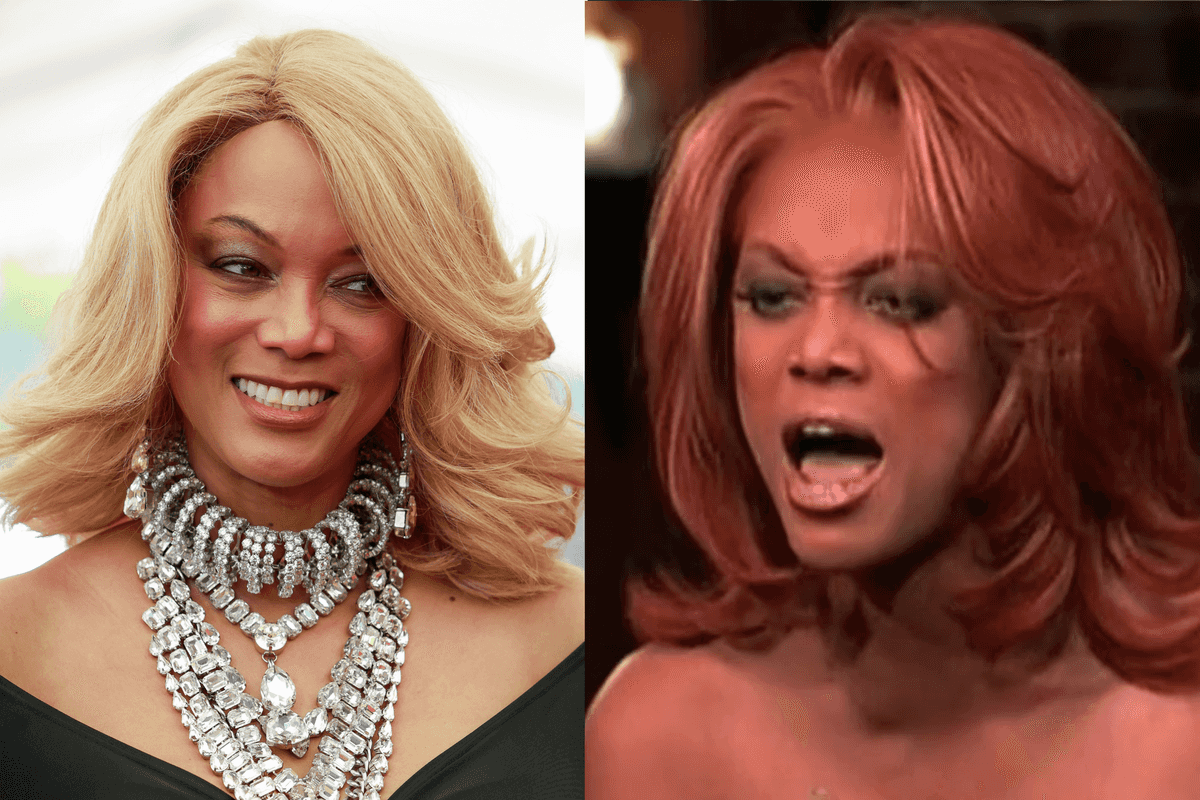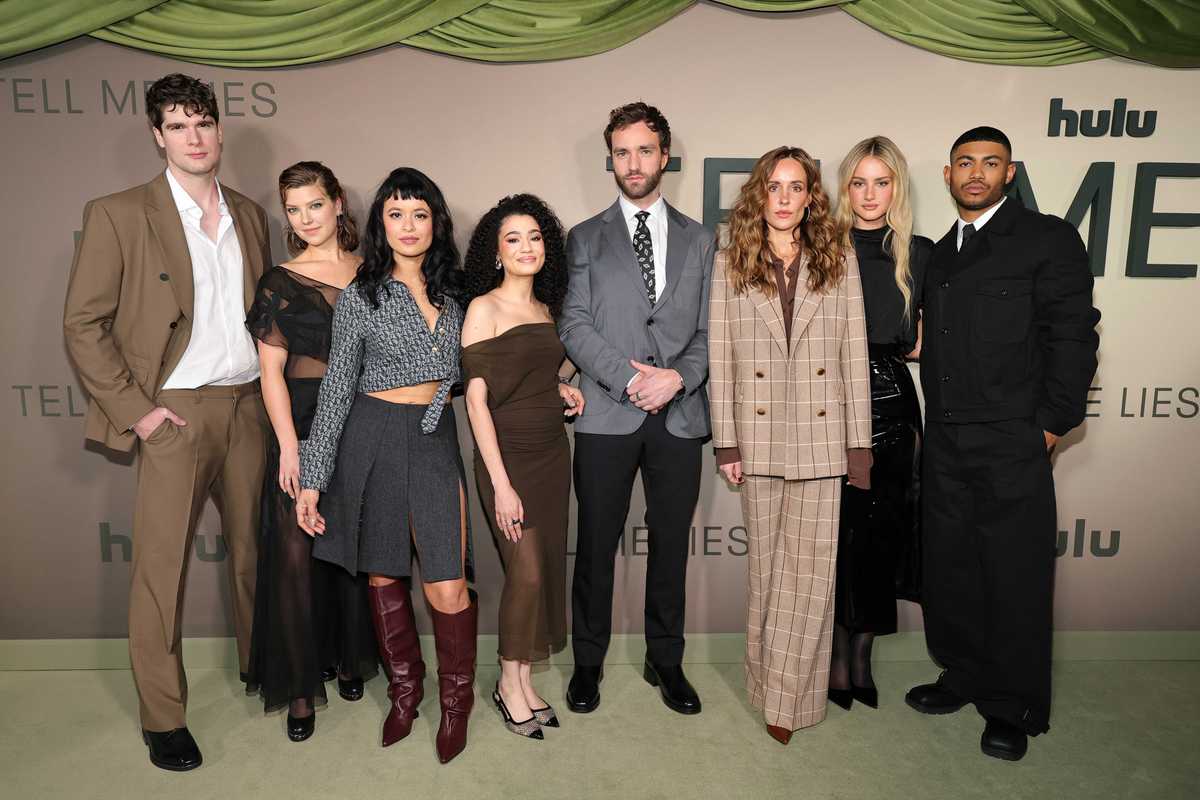Isobel van Hagen
Dec 10, 2020

If you’ve been living online all day every day like the rest of us for the past few months (close to a year now?), you have likely encountered Clubhouse.
Not quite sure what it is? That might be because the new social media app is invite-only.
Unlike Instagram or Twitter, Clubhouse is audio-oriented, which particularly makes it stand out. And while Twitter rolled out a new voice-tweet feature early this year, it seems the fast-rising start-up is on its way to dominate in that department.
Here’s everything you need to know about the conveniences, the celebrities and the controversies behind Clubhouse.
So what exactly is Clubhouse?
Clubhouse is a platform where users can participate in different chat rooms on a wide range of topics. The conversations are audio-only, and when they finish, they disappear... forever. The app created by Paul Davison and Rohan Seth was backed and funded by venture capital firm Andreessen Horowitz.
“I think Twitter is the closest analogy because you find, get to know, and follow people that you don't know,” Clubhouse user Austen Allred told Wired. “But the audio format is fascinating because you can have it on in the background, it's not a permanent record, it's multi-way.”
In a year when we’ve all mostly connected on Zoom, Clubhouse is a platform where eye contact is thankfully not required. It’s seemingly perfect for our new socially-distanced lifestyle because it allows for debates, lectures, book clubs, etc. without taking off your pajamas or typing away on Twitter.
Why is is so popular?
Clubhouse seems to be so popular for four main reasons:
The most obvious is that it is so exclusive, as there are only currently a few thousand users on the private beta version of the app (it seems if/when the app is opened up to the public, it might lose some of its appeal for this reason). Second, relatedly, it is full of tech industry giants and celebrities. Third, because of the way the “rooms” are set up, it mimics being at a party – casually going in and out of rooms with friends and strangers – kind of like another pandemic-famous app Houseparty (remember that?).
And finally, because it cannot be recorded, so it makes people not want to miss out.
“It’s all ephemeral,” Clubhouse member Meltem Demirors told the Wall Street Journal. “It creates this cool urgency.”
Who’s on the app?
Oprah Winfrey has reportedly been hanging out on Clubhouse, along with film stars like Kevin Hart, Chris Rock, and Jared Leto, CNBC reported.
In the political realm, Activist DeRay McKesson and the writer Shaka Senghor have spent time on the app, and commentator Van Jones has also spent time on Clubhouse. And according to Clubhouse’s Twitter, it seems like there are plenty more...
How can I get an invite?
“We are currently in private beta, download our app to join the waitlist - we'll let you in soon!” says the Clubhouse Twitter bio. So, for now, if you’re not famous, it might be difficult to get on any time soon.
You can currently go to the App Store and download it to reserve your username, but without an invite text there isn't much to be done at the moment.
How much is it worth?
According to Forbes back in May, the company already has a $100 million valuation.
What are the controversies?
Earlier this year in September, there was a conversation called, “Anti-Semitism and Black Culture,” which several attendees allegedly invoked anti-Semitic stereotypes, according to Bloomberg. The moderator of the conversation, Ashoka Finley, later apologised on Twitter.
In a blog post in October, Clubhouse responded to the room saying: "We unequivocally condemn Anti-Blackness, Anti-Semitism, and all other forms of racism, hate speech, and abuse on Clubhouse," they wrote.
This is not the only instance of this kind of conduct on the app: New York Times reporter Taylor Lorenz, for example, said she experienced harassment on the app when she joined a conversation about herself.
Lorenz wrote in a tweet that the app, “is built to platform and reward the most toxic users”.
So while the app offers some potentially positive aspects of online communication, the exclusivity of the platform can lead to un-moderated discriminatory discussions. Like on any social media platform, this needs to be not only unequivocally condemned but stamped out.
Top 100
The Conversation (0)













